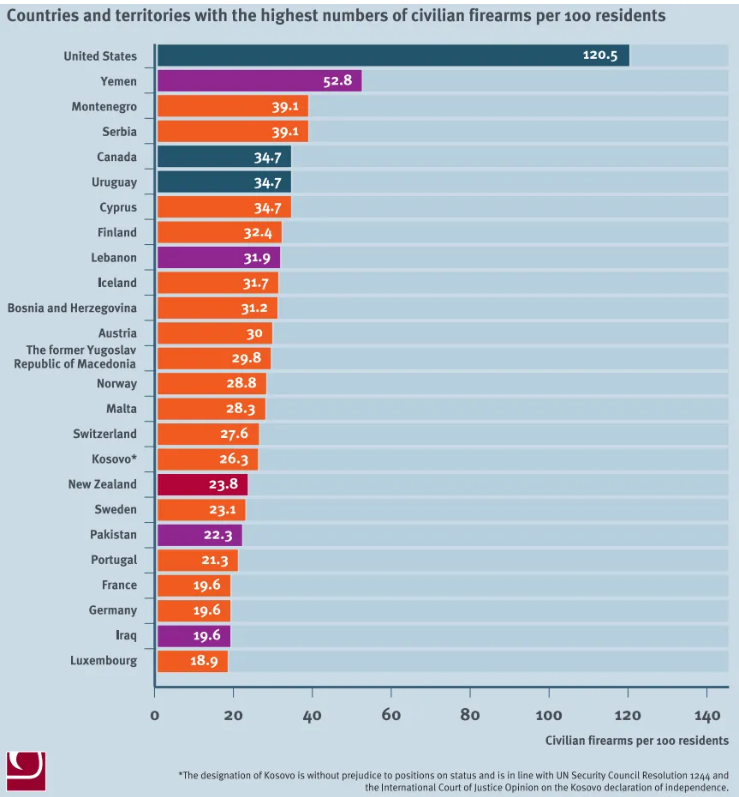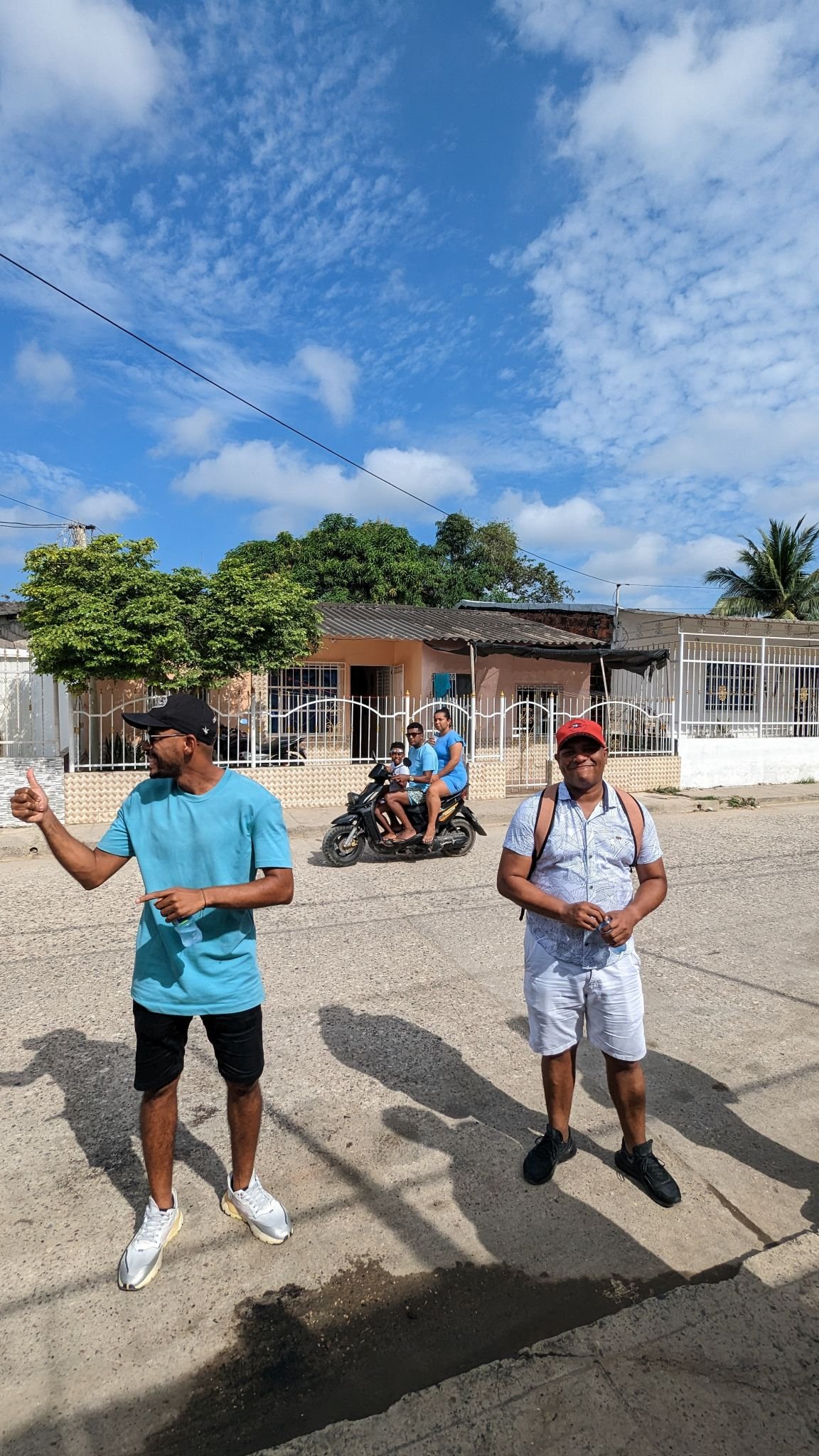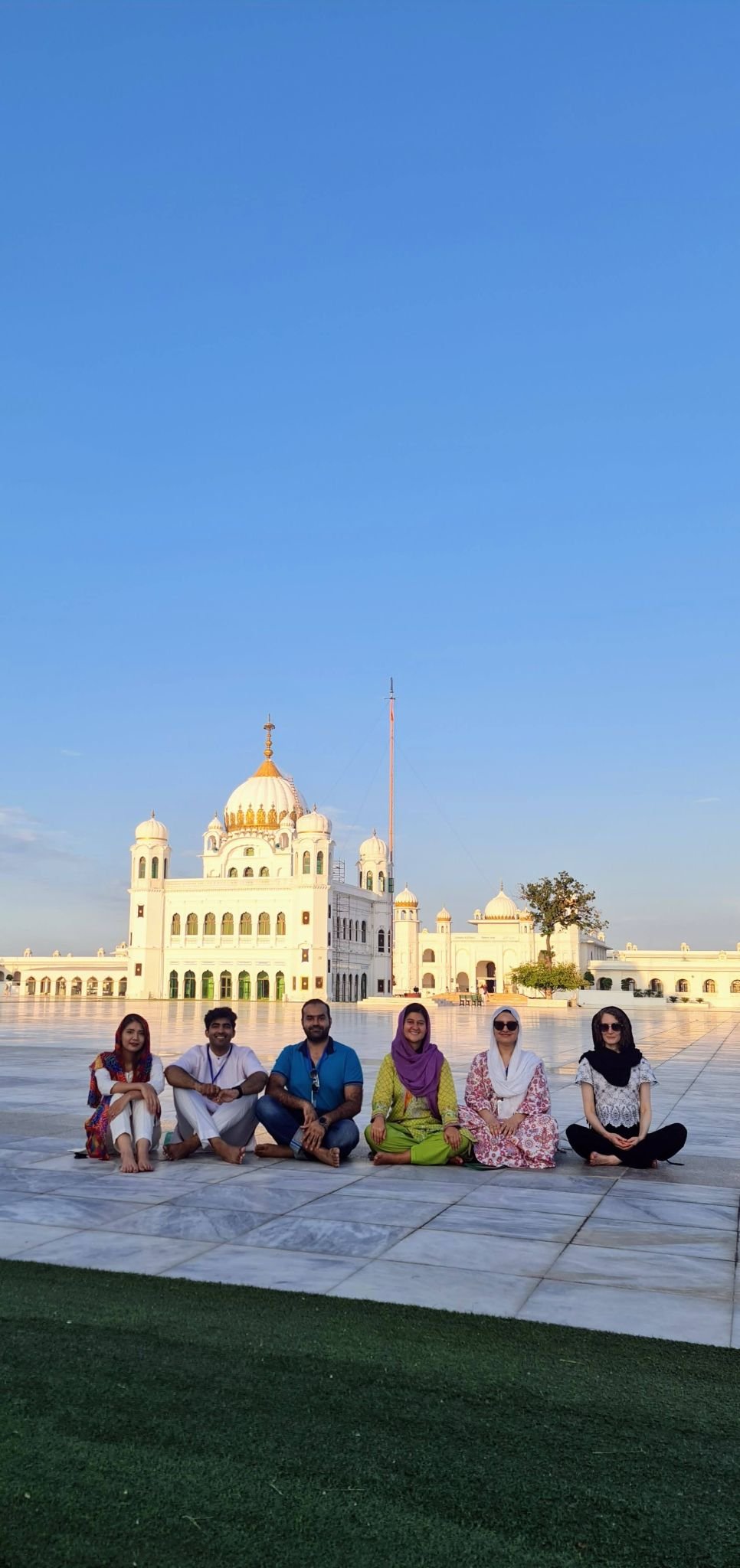WHY YOU SHOULD IGNORE TRAVEL ADVISORIES

RISKING IT ALL: 6 REASONS WHY YOU SHOULD IGNORE TRAVEL ADVISORIES
Bad news sells. This combined with travel advisories will make you believe that the world is dangerous and that most places should be avoided. I started traveling on my own, as a woman, from the age of 17. My personal suggestion is to ignore travel advisories. Time and time again, through my travels, I’ve been able to see with my own eyes that most of these travel advisories are not in any way accurate or they are grossly exaggerated. Anyone who is well-traveled will agree with the previous statement. They’re fueled by politics, not your actual safety. Here are 6 reasons why you should embrace the world and simply ignore travel advisories.
What are travel advisories?
Travel advisories are warnings or alerts issued by governments about the relative safety of foreign destinations. Many Western countries have these in place. The hypocrisy of these is obvious once you look at countries like the United States. Yemen, a Middle Eastern country that has been going through a war over the past decade, holds second place when it comes to population with gun ownership. They often use it as an excuse for safety, but the reality is that no country in the world suffers from more gun violence than the United States.

Hey there, and welcome to Go Global with Sibu! I’m a global citizen that has been living and traveling around the world since 2005 – all through budget travel, scholarships, study/work and living abroad opportunities. I share everything I’ve learned over the years here – to prove to you that you don’t need money or privilege to enjoy everything that this world has to offer.

But when it comes to travel advisories, other countries, like France, will actively state that the US is in fact one of the safest countries to visit. I find it fascinating to see how countries with good diplomatic relations will grade each other in terms of safety. Those with “difficult” associations are deemed dangerous in each others’ eyes. To better show what this is all about, I’ll be using real-life examples from the US State Government page to explain how inaccurate these can be. To better understand the system, there are 4 levels: 1 being the safest and 4 categorized as Do Not Travel. If the US had to accurately rate itself, it would easily get a score of 3 or 4.
1- Travel Advisories are politically-fueled
When it comes to travel advisories, it’s important to recognize the political motivations that often fuel them. Governments may issue warnings based on diplomatic tensions or geopolitical considerations rather than the actual safety of tourists. It’s crucial to understand that these advisories might not accurately reflect the on-the-ground reality of a destination.

Visiting China can be daunting for those with no expertise. Navigating the country, especially in the rural areas, can be extremely difficult. However, not only is crime in China extremely low, but they absolutely ADORE Americans. They really look up to them and oftentimes wish they could imitate their way of living. This is thanks to movies and TV shows. How do I know all this? I lived in China for 7 years. If you want to be treated like royalty as a US citizen, go to China and make sure you let everyone know where you’re from. But we wouldn’t know all this by the news and travel advisories, right?
Travel tip: respect the countries that you’re visiting
If you’re going to a country like China, you have to be even more aware of your actions, and above all, never disrespect or speak ill of the country that you’re in, at least not in front of others. A little common sense goes a long way. I once saw a foreign man who was drunk take down a Chinese flag and piss all over it. As I’m sure you can imagine, things did not go well for him. Don’t be the dumb drunk foreign man.
2- Location matters
One of the biggest problems with travel advisories is targeting a country as a whole instead of focusing on specific regions. Yes, some travel advisories will tell you to avoid certain regions. But usually, they will first focus on the country. Mexico is labeled as dangerous when in reality there are just certain regions you should avoid. I can’t compare Paris to a rural area in France, and yet, this is exactly what travel advisories do.

Yemen, up until recently because of Gaza, was considered the worst humanitarian crisis in the world. You need a military escort to be able to travel to the mainland. But off the coast of Yemen, lies an island that is becoming increasingly popular on social media: Socotra. It is governed by the UAE but part of Yemen. Of course the travel advisory includes Socotra. In reality, the worst thing that will happen to you on the island is getting tired from climbing sand dunes to admire those incredible views. It has nothing to do with mainland Yemen in terms of safety and governance. It is an island full of fishermen and tourism that has yet to be developed. I’ll be going to Socotra in March to show you what it’s really all about, so stay tuned!
the cultural vegas of asia, or a level 3 destination?
Here is another example of how location matters. This is also regarding China. Macau, the Vegas of Asia, is a Special Administrative Region of China and is also categorized as a Level 3 (eyeroll) because of civil unrest but Hong Kong, which is also an SAR, is a level 2. I can assure you that if there’s any danger, being in HK is more of a risk because of how politically active they are. The beauty of having friends all over the world is having locals on the ground who can REALLY attest to what a situation is actually like.
3- Who writes these? People that have most probably never visited the country
I would have more respect towards travel advisories if they were written by people that actually have working or living experience in the country that’s being mentioned. That is obviously not the case. These are probably wannabe policy-makers that have never stepped foot in any of these countries. I know social media is heavily criticized and it can be toxic. In reality, if you want to see what a country is really like, follow vloggers and travel content creators. Ask THEM questions – there is no better way to get to know a country than through someone else’s eyes.

4- Outdated information
There are, of course, some countries that do have accurate travel advisories. I’m talking about countries going through conflicts or civil wars. These are unsafe, not just for locals but for travelers alike. But situations on the ground can change, for better or for worse, like it did in Colombia.
One of the best examples of this is El Salvador. Commonly labeled as the Murder Capital of the World, recent policy changes from their president, Bukele, have now made it one of the safest countries in Latin America. But you would not know this if you were to look at the travel advisory. It is not accurate, and it has not been updated properly. It’s from July 2023, and by then, the country was already in an excellent situation. I visited El Salvador recently as a solo female traveler and can attest to this newfound safety. You can find the travel vlog from my experience here.


5- Danger sometimes does not apply to tourists
That list above varies and changes every single year. I’ve personally been to Afghanistan, Syria and Pakistan and will be visiting 2-3 more countries from that list this year. I am not in any way undermining the situation that locals have to go through, but the reality is that in some places, danger does not apply to tourists.
The Taliban has no interest in hurting tourists. If you stick to the Western part of Syria you will be completely fine. Pakistan has THE most inaccurate representation I’ve ever seen of a country. I’ve been twice already, and it is SO much safer than travel advisories and the media say. Going out for dinner with friends, sightseeing, not having a problem letting people know you’re a foreigner, and some of the most hospitable locals you’ll ever come across – that’s what awaits in Pakistan.


6- Does your citizenship play a role in your safety?
I’m a light brown woman who was born in Costa Rica that holds US and Polish citizenship. I’ve played all 3 cards and nationalities while traveling, and for the most part, the main reason I’d avoid saying I’m from the US is because I don’t want people to think I’m a walking ATM and rich – not necessarily because of safety. While the West views the rest of the world as a threat, it’s usually the world that views the West with outpouring curiosity. They are so eager to meet foreigners from far away, to share their culture and experiences. And most importantly, to show them that their country is nothing like what we see on the news.
Will there be people out there who might show animosity towards you because of your nationality? Of course. But you can come across close-minded people anywhere in the world, and the chances of them harming you are slim to none.

Other notable examples:
- Marking most Muslim-majority countries as a Level 2 or above, when many of them happen to be extremely safe. The Maldives has the same level of “threat of terrorism” as France.
- Both Namibia and South Africa have been categorized as a Level 2 when it comes to crime. This is impossible. South Africa has the worst crime rates in the whole region. Namibia, even as a solo female traveler, is extremely safe… but it is left-leaning. A coincidence? I think not.
- If I haven’t convinced you yet, the US issued a Worldwide Caution advisory for its citizens in October, 2023. That’s right. They’re giving out warnings for US citizens if they travel ANYWHERE in the world, while they score 131 out of 163 on the Global Peace Index, between South Africa and Brazil = hypocrisy at its finest.
Why social media matters
My personal suggestion is for you to see the world and be inspired by those you see in social media. Beat the crowds before places start becoming popular. No one would have been caught dead going to Tulum or Albania more than 10 years ago, and now they’re up and coming destinations. This same train of thought applies for countless places around the world.
Before we finish, this might have crossed your mind. Who the hell does this woman think she is? This is the part where I could brag about 18 years worth of travel experience, including to difficult places for long periods of time. I also happen to have a master’s degree in international conflict and human rights, and I’m pretty aware of all 60+ wars happening around the world right now. That combined with global friends and connections, as well as a good knowledge of international relations – I’d say yes. You can listen to me, or most people on social media for that matter.
By all means, go travel and ignore the advisories.
In conclusion, embracing the spirit of adventure and trusting your instincts can lead to a more fulfilling and enriching travel experience. While travel advisories serve a purpose, it’s essential not to let them dictate your entire journey. Take the necessary precautions you always would while traveling, join a group trip if travel in numbers make you feel safer, and open yourself up to new perspectives, cultures, and adventures that go beyond political agendas.